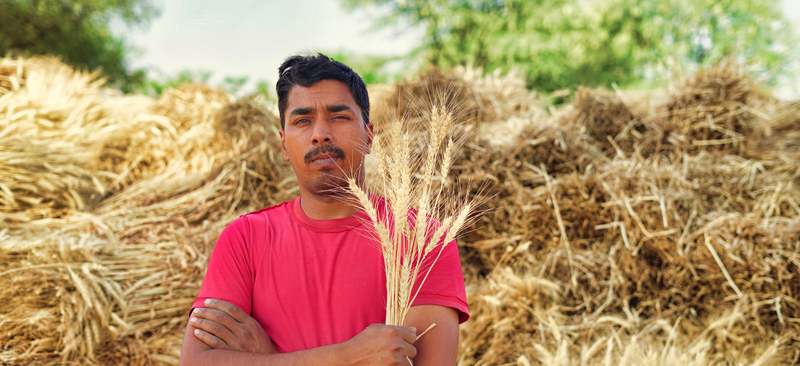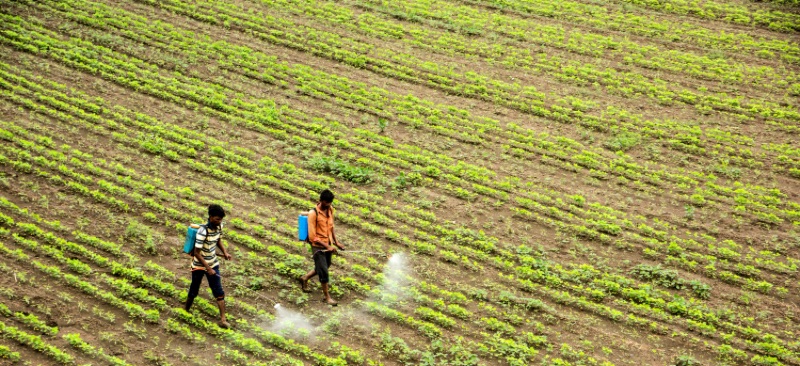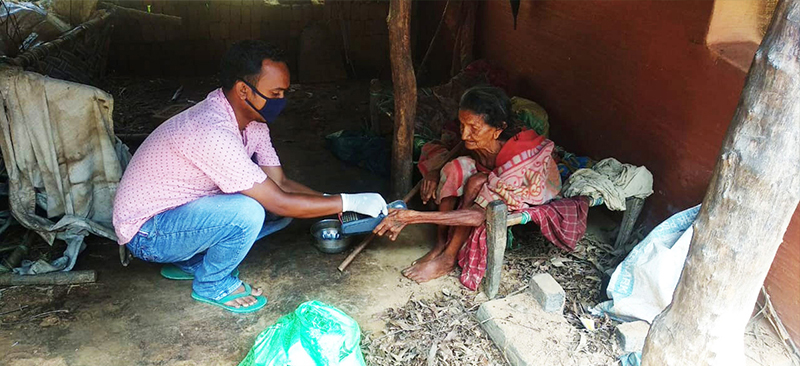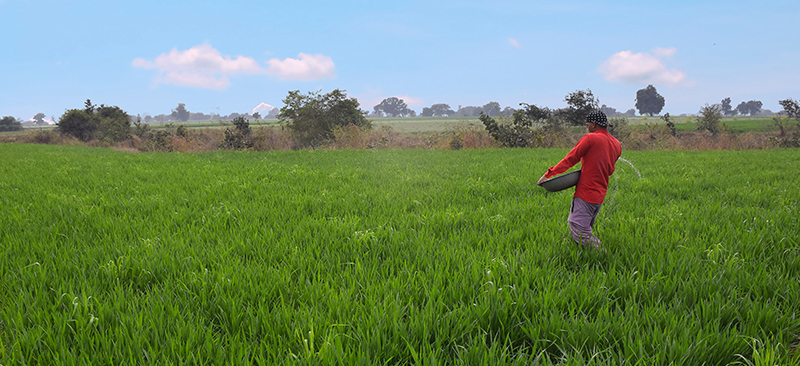Ritesh Rautela

Ritesh Rautela
Associate PartnerRitesh is an Associate Partner in MSC’s Digital Financial Services domain focused on Government and Social Impact (GSI) in India.
Ritesh has 13 years of experience in the field of management consulting, G2P programs and payment systems, banking, branchless banking, digital financial services, social protection, agriculture, financial inclusion and financial literacy. The current focus of his work is in the area of Government to Person (G2P) programs. He specializes in financial inclusion/ branchless banking operations, G2P programs, payment systems, cash transfers (conditional and unconditional), direct benefit transfer schemes, program evaluation and assessment, relationship management, process re-engineering, financial literacy, training, qualitative and quantitative research, and behavioral research.
Posts by Ritesh Rautela
 Blog
Blog
Aarjan Dixit, Akshit Saini, Mahima Dixit and Ritesh Rautela
The path to resilience: MSC’s ecosystem approach to adaptive social protection (ASP)
 Blog
Blog
Abhishek Jain, Ritesh Rautela and Gayatri Ahuja
Portability transactions of the Public Distribution System under One Nation One Ration Card: Why is portability working so well for Delhi?
 Blog
Blog
Aakash Mehrotra, Monica Dutta and Ritesh Rautela
Low awareness of fertilizer subsidy: A challenge to subsidy reforms
 Publication
Publication
Abhishek Jain, Nikita Dhingra, Noel Johns and Ritesh Rautela

